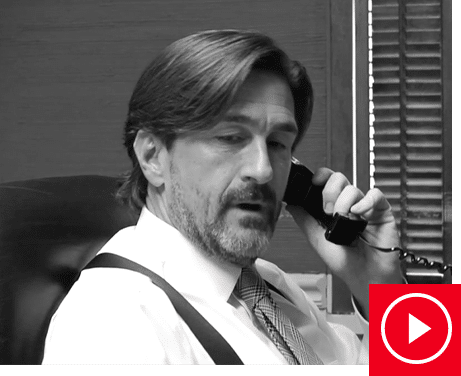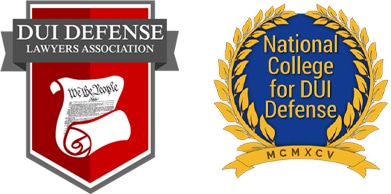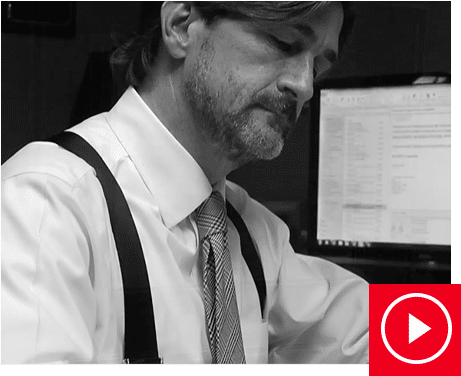
Columbia Arson Defense Lawyers
Experienced criminal defense for arson charges in Columbia, South Carolina
Arson allegations and charges are extremely serious. Unfortunately, buildings and homes do catch fire, for a variety of reasons. Perhaps a wire shorted out, or someone accidentally left a candle burning. Often, it’s difficult for authorities and investigators to determine the exact cause of a fire, resulting in arson charges, accusations of insurance fraud, and over-aggressive prosecution. An arson conviction can lead to significant penalties, including jail time.
If you’re arrested for arson, or believe you’re under investigation, it’s crucial you understand the seriousness of the charges against you. At The Law Offices of A. Randolph Hough, P.A., we provide professional criminal defense for the people of Columbia, Charleston and surrounding areas. Our inside knowledge of the local criminal justice system gives our clients an edge when building a strong defense. Talk to us today about how we can help protect your freedom and your future.
What is the legal definition of arson?
Here in South Carolina, arson is a felony offense, categorized as first-, second- or third-degree. According to S.C. Code § 16-11-110, arson is willfully and maliciously burning, setting fire to, causing an explosion, or causing a structure or property to be burned, resulting in death or serious bodily injury.
These structures and properties can include:
- Businesses
- Churches and places of worship
- Institutional facilities
- Local buildings
- Private residences
- Schools
- Structures designed for occupancy
- Warehouses
And, importantly, you can be charged with arson even if you weren’t the one who actually started the fire.
“Remember, an arrest is not a conviction.” - Attorney Hough
What are the types of arson in SC?
Depending on the charges, you may be facing a variety of penalties if convicted of arson. Your defense attorney works to mitigate and minimize your charges to avoid serious penalties, protecting your freedom, and keeping your criminal record clean.
First-degree arson
Arson in the first degree is when an individual maliciously sets a fire, causes an explosion, or otherwise causes the burning of a dwelling or structure, whether the property of the person or another, that results in the death or serious bodily injury of another.
Any other person who aids in this offense will also be charged with first-degree arson. A conviction can result in a mandatory minimum of 30 years in prison.
Second-degree arson
Arson in the second degree is defined as an individual who maliciously and willfully causes an explosion, burns, or sets fire to a dwelling house, church or place of worship, public or private school facility, manufacturing plant or warehouse, building where business is conducted, institutional facility, or any structure designed for human occupancy including local and municipal buildings, whether the property of the person or another, is guilty of the felony of arson in the second degree.
Any other person who aids in this offense will also be charged with second-degree arson. A conviction can result in a mandatory minimum of three and a maximum of 25 years in prison.
Third-degree arson
This offense is defined as an individual who willfully and maliciously sets fire, burns, or causes an explosion that results in damage to any structure other than the ones specified above and including a railway car, a ship, boat, or other watercraft, an aircraft, an automobile, or other motor vehicle or personal property.
Any other person who aids in this offense will also be charged with third-degree arson. A conviction can result in a maximum of 15 years in prison.
An experienced arson defense attorney understands that these types of cases nearly always hinge on intent and malice. Remember, the absolute burden of proof rests on the prosecution. As your Columbia and Charleston criminal defense lawyer, Attorney Hough works to ensure you don’t end up with a felony on your criminal record or spend time behind bars.
Is it still arson if the fire was an accident?
If you cause a fire or explosion by accident, it cannot be considered arson. Arson requires will, intention, and malice – meaning you did it on purpose. If it was a legitimate accident and caused damage, it may be an unfortunate incident, but does not rise to the level of arson. Additionally, if the fire didn’t cause any damage, it cannot be considered arson either.
In these cases, we work to have your charges dropped.
What kind of damage qualifies as arson?
Many people believe a structure must be completely burned down to be considered arson. However, under state law, you can be charged with arson if your actions cause any of the following:
- Blistering
- Burning
- Changing the fiber or composition of the structure or property
- Charring
- Discoloring
- Scorching
- Smoking
- Singeing
Can I be arrested for arson for burning my own property in Columbia?
As you may have noticed in an earlier section, state law defines arson as not only burning the property of another, but also of your own. So, yes, even if you burn your own property, you can be charged with a felony. Your insurance company may accuse you of setting your property or dwelling on fire to make a fraudulent insurance claim, which is also a felony. We can also provide informed guidance and representation on these types of cases.
Strategic arson defense when you’re facing criminal charges
Fires can result from a variety of different causes – electrical issues, defective appliances, or simple accidents. If you’re facing arson charges from overzealous prosecutors and insurance investigators, it’s crucial you have serious representation to avoid serious consequences. At The Law Offices of A. Randolph Hough, P.A., we conduct our own professional fire investigations and use all of our resources for the best possible outcome for your case. To schedule a free consultation at one of our offices in Columbia or Charleston, please call 803-771-4119 or fill out our contact form.



